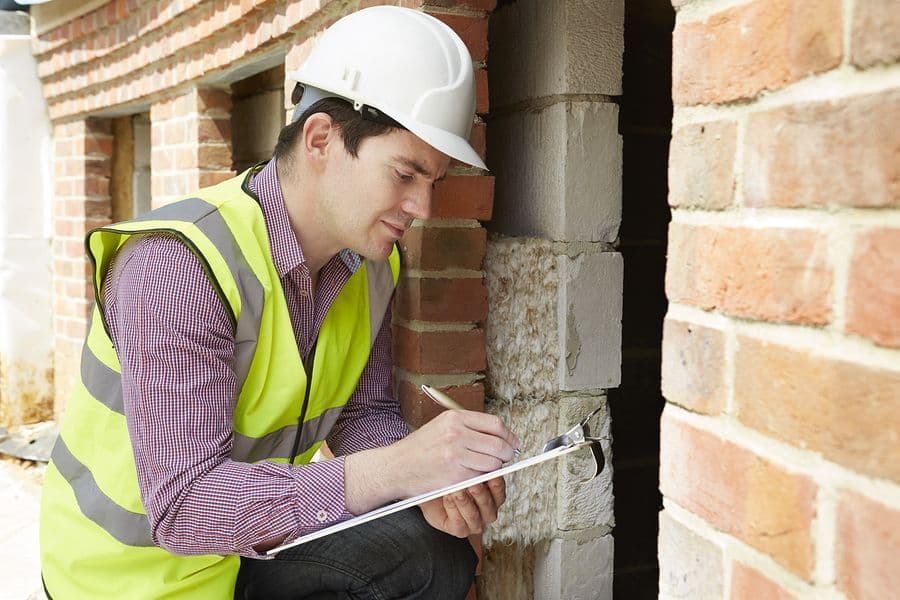
What Does It Mean to Be Certified Home Inspector?
Introduction
If you're looking for a home inspector, it's important to know what certification means. Certification is different from licensing and can be more effective at giving buyers confidence in the inspector they hire. A licensed professional may not have passed an examination that qualifies them as certified home inspectors, but they are still required to follow strict ethical guidelines
Certified Home Inspectors have passed a National Examination.
The NACHI certification exam is a national standard that all home inspectors must pass in order to use the “NACHI” designation. The NACHI certification process consists of two parts:
Written Examination for those with no more than five years experience and who have not yet passed a written exam at any time; and
Practical Exams for those with more than five years experience who have passed previous written exams but need to be recertified.
The National Association of Home Inspectors (NAHI), which administers this program, requires all candidates to demonstrate their knowledge base by answering questions on topics such as: How do I interpret an electrical diagram? What are some common problems associated with plumbing systems? How can I tell if there's water damage behind walls without breaking down walls?
NACHI certified inspectors are required to be bonded and insured.
A NACHI certified inspector is required to be bonded and insured. When you hire a home inspector, you want to make sure that their company has the ability to cover their clients in case of any accidents or damage during the inspection process. Bonding is a form of insurance that provides protection against losses caused by an unforeseen circumstance such as fire or theft.
Bonding protects homeowners against losses if they are left with unpaid bills after an inspection by their inspector who failed at his job properly identifying problems in your home's structure, systems or wiring before moving forward with repairs needed later on down
the line (i.e., during remodeling).
Licensing is different than certification.
There are a few important differences between certification and licensure. Certification is a voluntary process, whereas licensure is required by law. Licensing requirements vary from state to state, but most require you to pass an exam or meet minimum educational requirements before becoming certified. In addition to meeting these basic requirements, there are also some additional requirements that must be met depending on your specific location (e.g., passing an inspection by local government). In general though:
If you want your business card with "Home Inspector" printed on it while selling services to homebuyers and sellers alike then you should make sure that you're licensed as well so that people know what kind of quality service they're getting when they hire someone like yourself!
If this sounds interesting why not go ahead and check out some more articles here at our website today?
Certified Home Inspectors are required to follow a strict code of ethics.
A certified home inspector is required to follow a strict code of ethics. This means that the inspector must be honest, reliable, and ethical. They must also keep confidential information confidential.
The most important part of this rule is that the inspector does not accept gifts from vendors or suppliers who may have an interest in their business as clients or customers would do if they were hiring them for themselves (for example: “Hey John! I'm going out for lunch today—do you want me to order something?”).
Home Inspector Training Programs give inspectors the education they need to pass the national exam.
You can choose to become a certified home inspector through NACHI, ASHI or other organizations. These training programs are available in person and online. They’re a good investment for inspectors who want to pass the national exam and earn their certification.
Certification gives home buyers confidence that the home inspector they hire will do the job correctly.
A certification is a sign of quality. It’s an assurance that the inspector has the skills and knowledge to do the job correctly. In other words, you can be confident that your inspector will perform their duties in a professional manner because they have been certified by an organization that ensures this level of professionalism.
Conclusion
We hope this article has shed some light on what it means to be certified home inspector. We know that there are a lot of people out there who are interested in becoming certified, but don't know how or where to start. If you're looking for an easy way to get started with your certification journey, we recommend checking out our training programs!
Appreciate the creator